Historical Evolution and Development Trends of International Commercial Arbitration System
I. Historical Evolution Phases
(I) Ancient Arbitration System
Arbitration, as an ancient and effective mechanism for dispute resolution, can be traced back to the ancient civilizations of Egypt, Greece, and Rome. In these ancient civilizations, arbitration was widely used to settle commercial, familial, and other disputes. During that time, arbitration was typically facilitated by respected members of the community or religious leaders. However, compared to modern arbitration systems, the procedures and forms of ancient arbitration were relatively simple. Nevertheless, ancient arbitration systems provided a model and foundation for resolving disputes for future generations, profoundly influencing the formation and development of modern arbitration systems.
(II) Medieval Arbitration System
During the medieval period in Europe, arbitration, as a mechanism for resolving commercial and trade disputes, gained favor among merchants. Its advantage lay in ensuring the swift resolution of disputes, avoiding unnecessary delays in commercial activities. During this period, various commercial organizations, including guilds and chambers of commerce, began to develop arbitration rules to provide guidance for commercial transactions.
During this time, institutions specifically for resolving commercial disputes emerged, where arbitrators were appointed from among merchants to render legally binding decisions. With the development of international trade, the commercial arbitration system increasingly became one of the primary means of resolving commercial disputes at that time.
(III) Modern Arbitration System
With the growth of international trade, particularly during the Renaissance and early modern period, arbitration played a significant role in resolving transnational commercial disputes. During this period, the Industrial Revolution and capitalism experienced rapid development, and arbitration began to be formally incorporated into legal systems. Consequently, many countries began to enact laws to support and regulate arbitration procedures. For example, in 1889, the British Parliament enacted the world's first arbitration legislation, the “Arbitration Act”, which marked a milestone in the development of international commercial arbitration systems.
(IV) Contemporary Arbitration System
In the 20th century, with the increase in international commercial activities, the arbitration system further developed, especially after World War II. During this time, the influence of international commercial arbitration institutions significantly increased. For example, in 1922, the International Chamber of Commerce (ICC) was formally established, providing a crucial platform for international commercial arbitration. Subsequently, various international arbitration institutions, rules, and systems were gradually established, such as the London Court of International Arbitration, the American Arbitration Association, among others, highlighting the service functions of modern arbitration institutions.
Following the establishment of the United Nations in 1945, significant developments occurred in international law and arbitration. The establishment of the International Court of Justice (ICJ) in 1945 and the signing of the 1958 “Convention on the Recognition and Enforcement of Foreign Arbitral Awards” further promoted the popularization and implementation of the international arbitration system. With the deepening of globalization, the increase in international trade and investment has further deepened the development dimension of international commercial arbitration, making it one of the most commonly used methods for resolving global commercial disputes, providing effective solutions for the application of different legal systems and cultures.
(International Court of Justice (ICJ))
II. Development Trends of the International Commercial Arbitration System
(I) Gradual Rise in the Status of Arbitration Systems
As global economic integration deepens and commercial transactions cross borders, commercial disputes exhibit trends of diversification, complexity, and internationalization. In this context, the arbitration system, as an integral part of resolving commercial disputes, plays a pivotal role in international commercial law.
(II) Rapid Growth in the Number of Arbitration Institutions
Currently, there are hundreds of arbitration institutions worldwide covering various industries and professional fields. These arbitration institutions play a crucial role in the resolution of commercial disputes with their professionalism and efficiency, providing parties with professional arbitration services. The major arbitration institutions currently include:
(III) Continuous Improvement of Arbitration Regulations
With the deepening research on commercial arbitration theory and the accumulation of international commercial arbitration practices, the international commercial arbitration system has become systematic and standardized. At the international level, governments and international organizations have enacted a series of model rules or conventions to regulate international commercial arbitration activities, such as the “UNCITRAL Model Law” on International Commercial Arbitration, the “Convention on the Recognition and Enforcement of Foreign Arbitral Awards”, the “European Convention on International Commercial Arbitration”, among others. At the domestic level, countries have successively enacted and improved arbitration laws, including the “Code of Civil Procedure” of France, the “Arbitration Act” of Singapore, the “International Arbitration Act” of Singapore, the “Arbitration and Alternative Dispute Resolution Act” of Indonesia, and the “Arbitration Law of the People's Republic of China”. At the level of arbitration rules, the substantive arbitration rules formulated by arbitration institutions are procedural rules agreed upon by the parties, which help ensure that participants in international commercial arbitration follow arbitration procedures, exercise arbitration rights reasonably and in good faith, and fulfill corresponding obligations actively. These three levels together provide the necessary legal basis and guarantee mechanism for international commercial arbitration, ensuring the fairness, independence of arbitration procedures, and the effective enforcement of arbitration awards.
(IV) Continuous Innovation in Arbitration Methods
With the development of technology, the methods of conducting arbitration activities have become more flexible and efficient. In 2023, Bryan Cave Leighton Paisner released the "Annual Arbitration Survey 2023: AI in IA" (referred to as "the Survey")According to “The Survey”, the application of artificial intelligence technology in international arbitration has significantly increased, especially in tasks such as document translation and review, greatly improving arbitration efficiency. Through the analysis of cases and prediction of outcomes using artificial intelligence, parties can be provided with more scientific legal advice. However, the widespread application of artificial intelligence has also raised a series of legal, ethical, privacy, and professionalism issues, leading to increasing concerns among users about its application in arbitration. Therefore, most respondents believe that it is necessary to enhance the transparency of the use of artificial intelligence tools and strengthen regulation. In summary, “The Survey” presents the real situation of artificial intelligence tools in current international arbitration and the attitude of practitioners, emphasizing the importance of integrating technology and law. At the same time, it is necessary to improve the institutional design of artificial intelligence arbitration to ensure the effective and reasonable use of scientific technology, thereby maximizing the fairness, transparency, and reliability of the arbitration process.
Conclusion
With the deepening of economic globalization and the internationalization of arbitration systems, countries should summarize arbitration practice experience, learn from each other, improve arbitration legal systems, and jointly promote the healthy development of international commercial arbitration. At the same time, arbitration institutions should keep pace with the times, flexibly respond to various challenges, and provide stable and reliable arbitration services for global economic cooperation and development. May the international commercial arbitration system take more solid steps on the path of continuous development and become an important platform and pillar for resolving international commercial disputes.
news
-
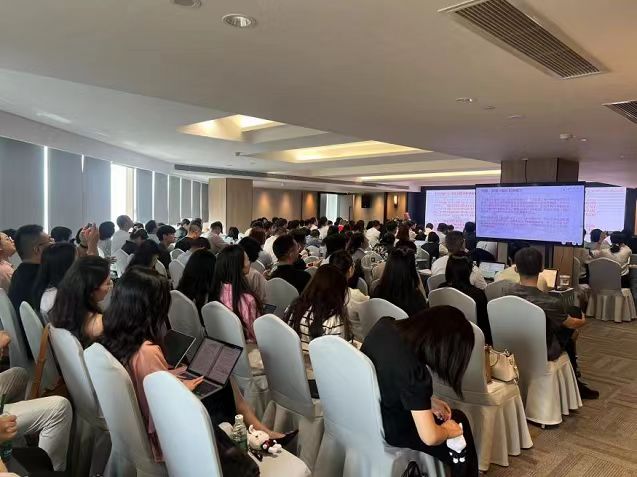 2023-09-21 02:01:59
2023-09-21 02:01:59 -
 2023-09-21 02:01:59
2023-09-21 02:01:59 -
 2023-09-26 14:22:56
2023-09-26 14:22:56 -
 2023-10-07 08:34:26
2023-10-07 08:34:26 -
 2023-10-13 11:08:58
2023-10-13 11:08:58 -
 2023-10-25 10:30:58
2023-10-25 10:30:58 -
 2023-10-25 11:08:40
2023-10-25 11:08:40 -
2023-11-22 14:57:27
-
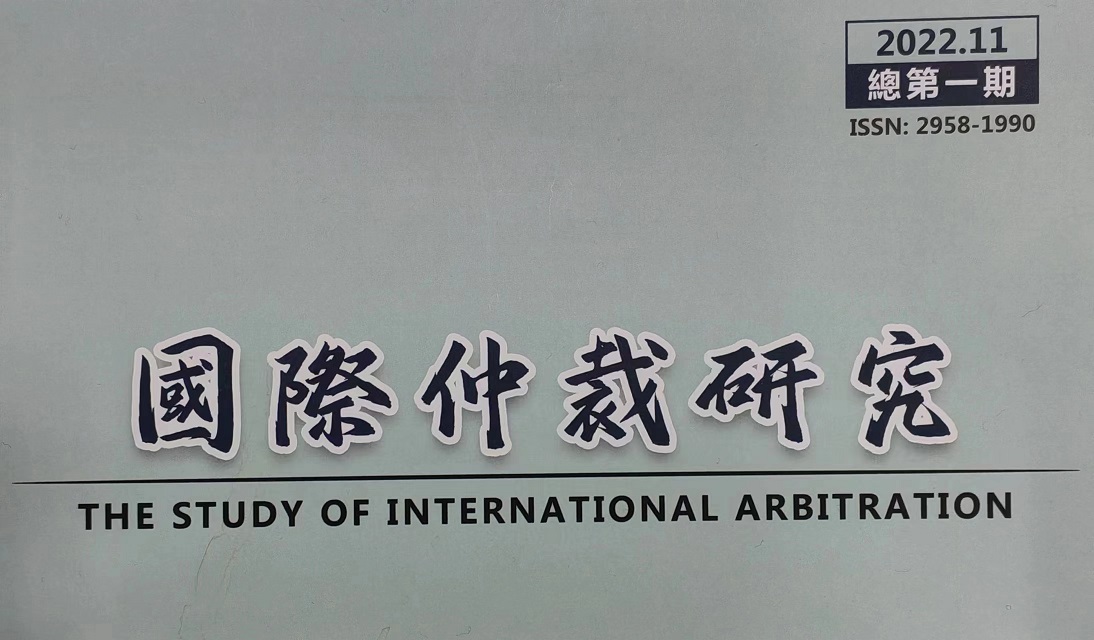 2023-11-24 16:06:15
2023-11-24 16:06:15 -
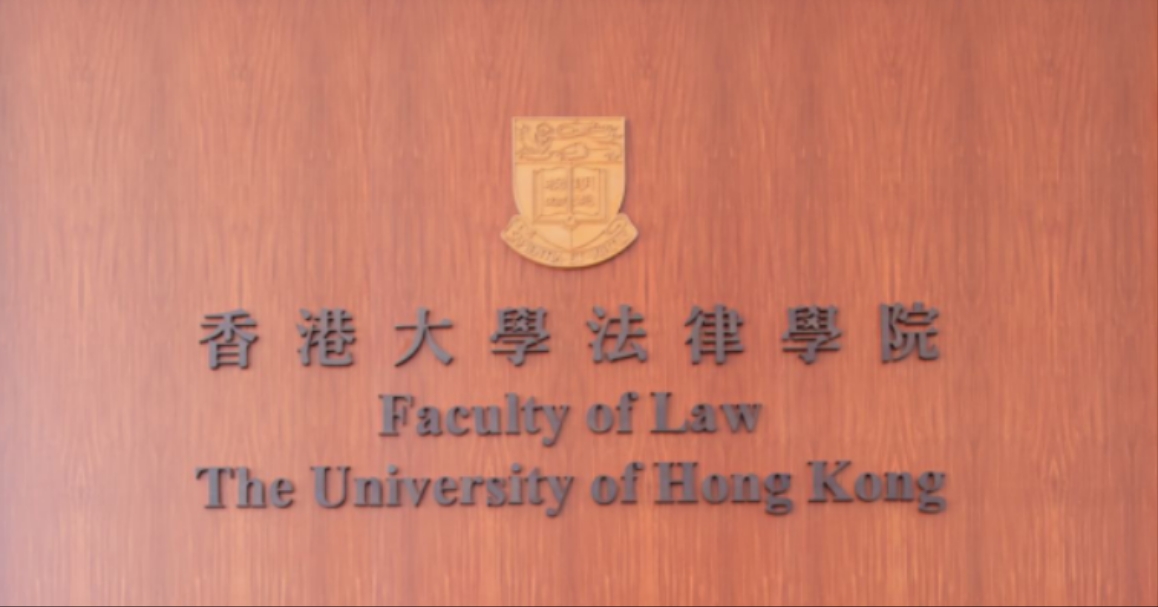 2023-11-24 17:34:06
2023-11-24 17:34:06 -
.jpg) 2023-11-27 11:07:53
2023-11-27 11:07:53 -
.png) 2023-12-07 11:34:06
2023-12-07 11:34:06 -
 2023-12-19 09:18:51
2023-12-19 09:18:51 -
 2023-12-19 11:38:23
2023-12-19 11:38:23 -
 2023-12-19 11:53:22
2023-12-19 11:53:22 -
 2023-12-19 14:46:19
2023-12-19 14:46:19 -
 2023-12-21 14:43:26
2023-12-21 14:43:26 -
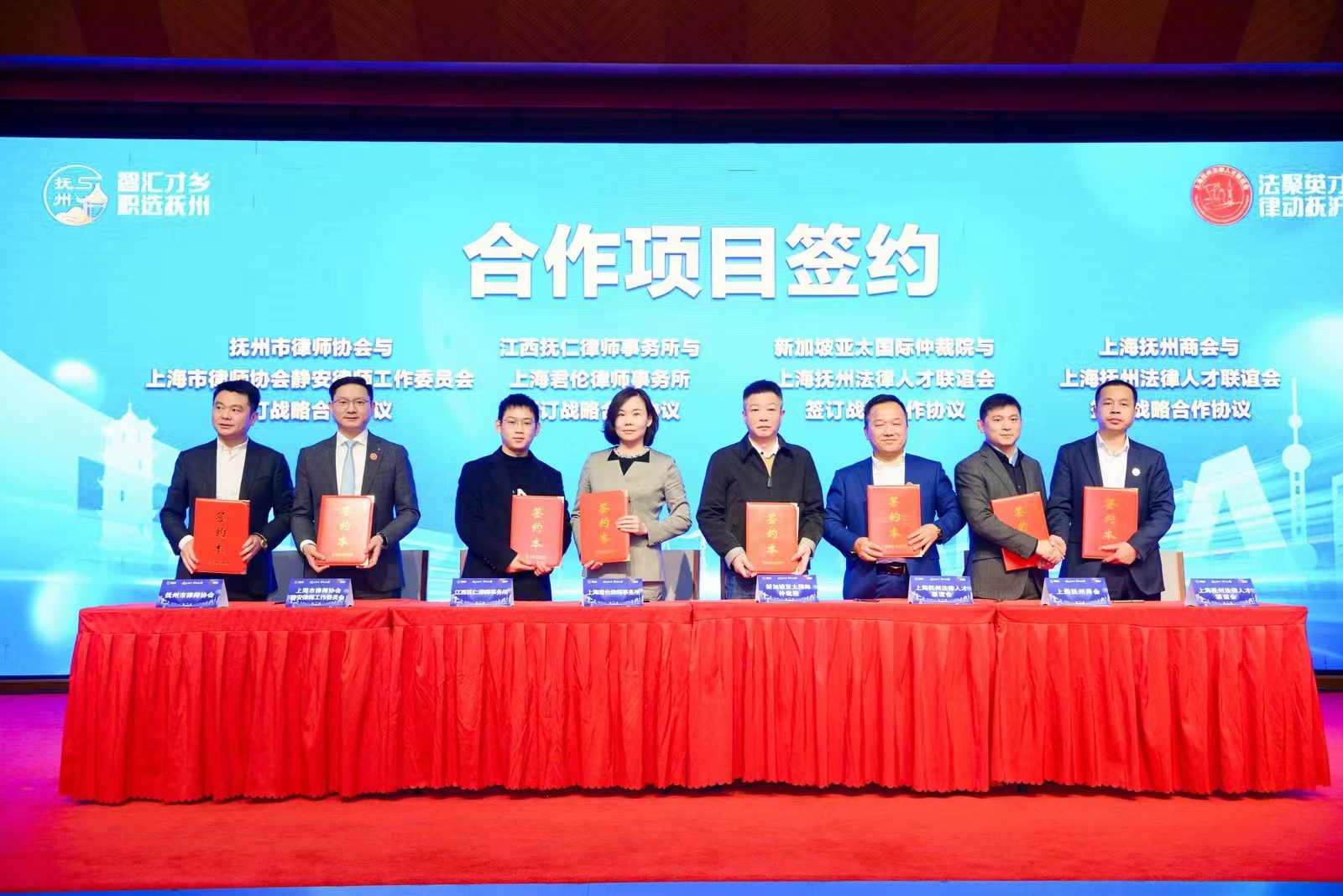 2023-12-25 11:04:59
2023-12-25 11:04:59 -
 2023-12-27 10:40:15
2023-12-27 10:40:15 -
.png) 2023-12-29 14:07:14
2023-12-29 14:07:14 -
.jpg) 2023-12-29 14:10:32
2023-12-29 14:10:32 -
 2024-01-03 16:27:17
2024-01-03 16:27:17 -
 2024-01-12 10:36:42
2024-01-12 10:36:42 -
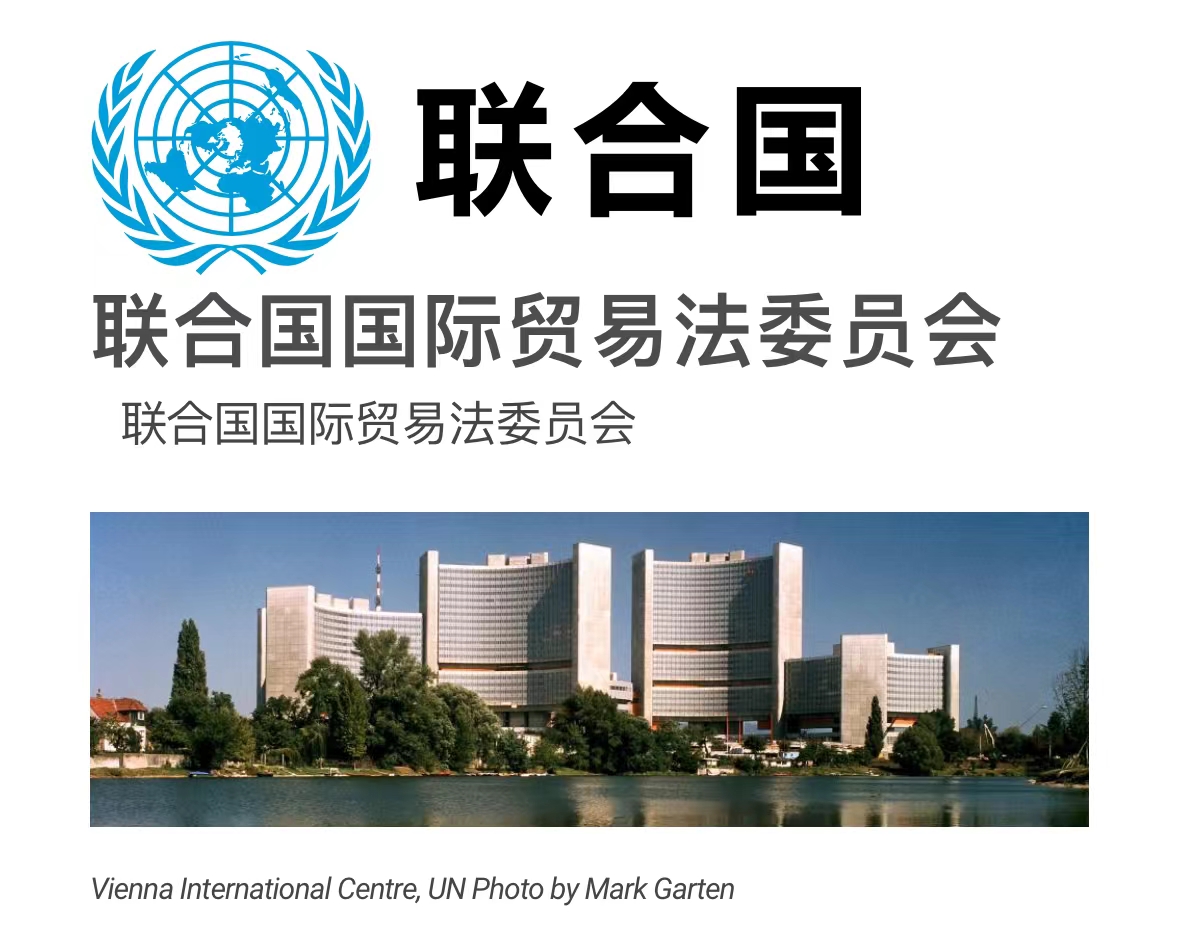 2024-01-17 15:01:24
2024-01-17 15:01:24 -
 2024-01-30 10:10:28
2024-01-30 10:10:28 -
 2024-01-30 10:45:10
2024-01-30 10:45:10 -
 2024-01-30 15:47:05
2024-01-30 15:47:05 -
 2024-01-30 16:10:56
2024-01-30 16:10:56 -
 2024-02-21 10:01:34
2024-02-21 10:01:34 -
 2024-02-21 10:05:01
2024-02-21 10:05:01 -
 2024-02-21 10:35:10
2024-02-21 10:35:10 -
2024-03-08 17:37:59
-
 2024-03-11 08:56:10
2024-03-11 08:56:10 -
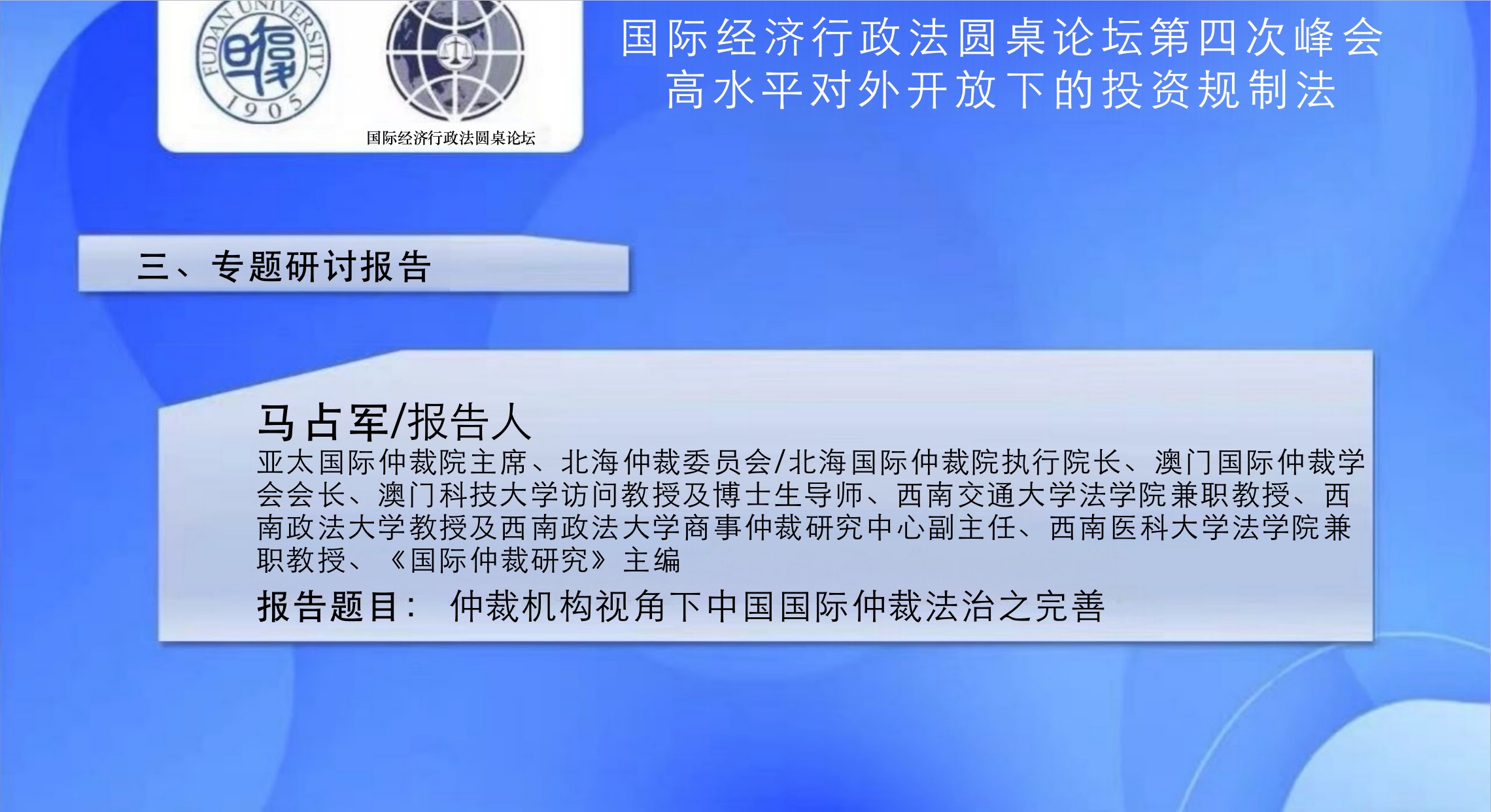 2024-03-22 14:24:24
2024-03-22 14:24:24 -
 2024-03-26 13:21:28
2024-03-26 13:21:28 -
2024-03-27 11:38:36
-
 2024-03-27 11:43:15
2024-03-27 11:43:15 -
2024-03-28 16:56:51
-
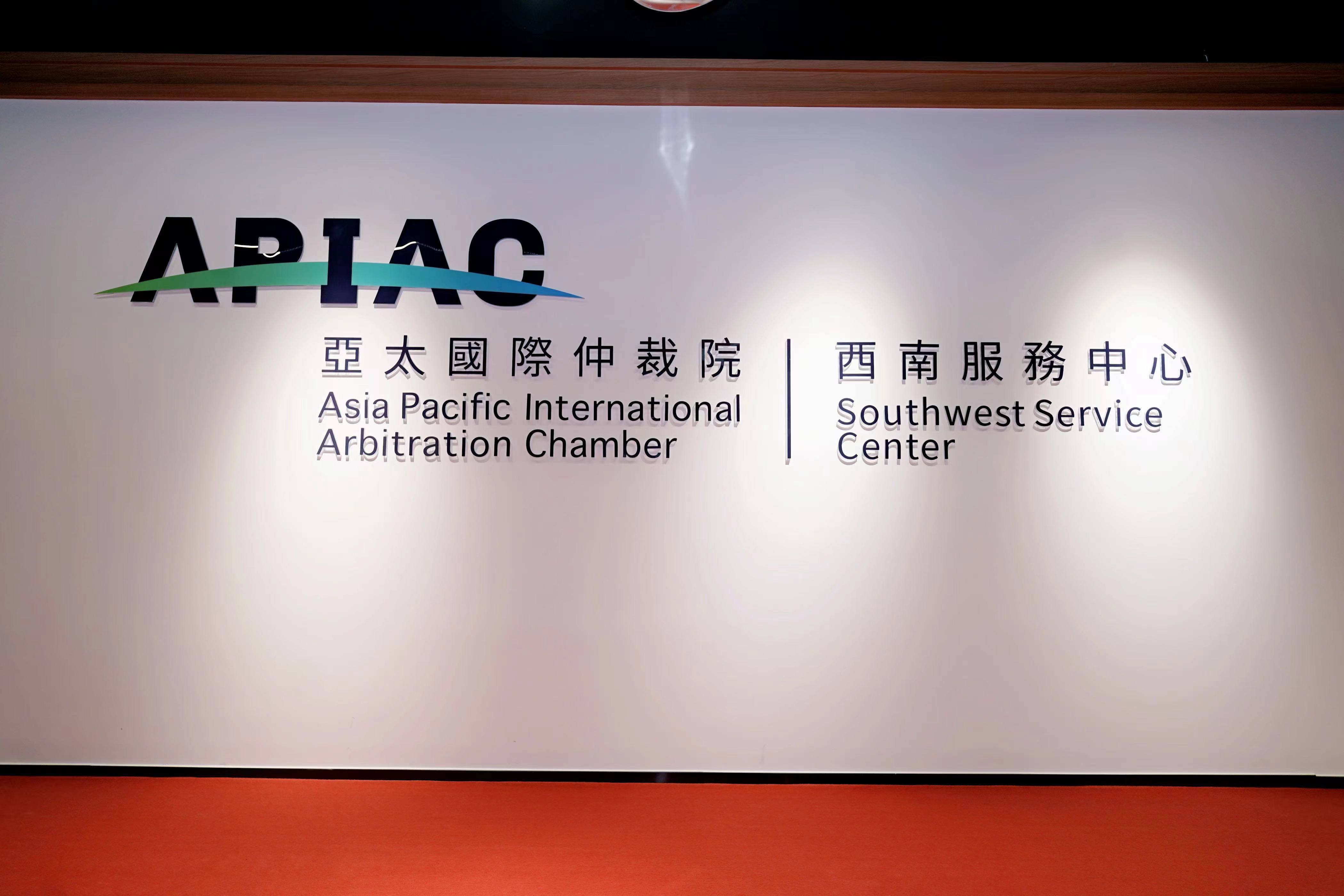 2024-04-01 14:59:03
2024-04-01 14:59:03 -
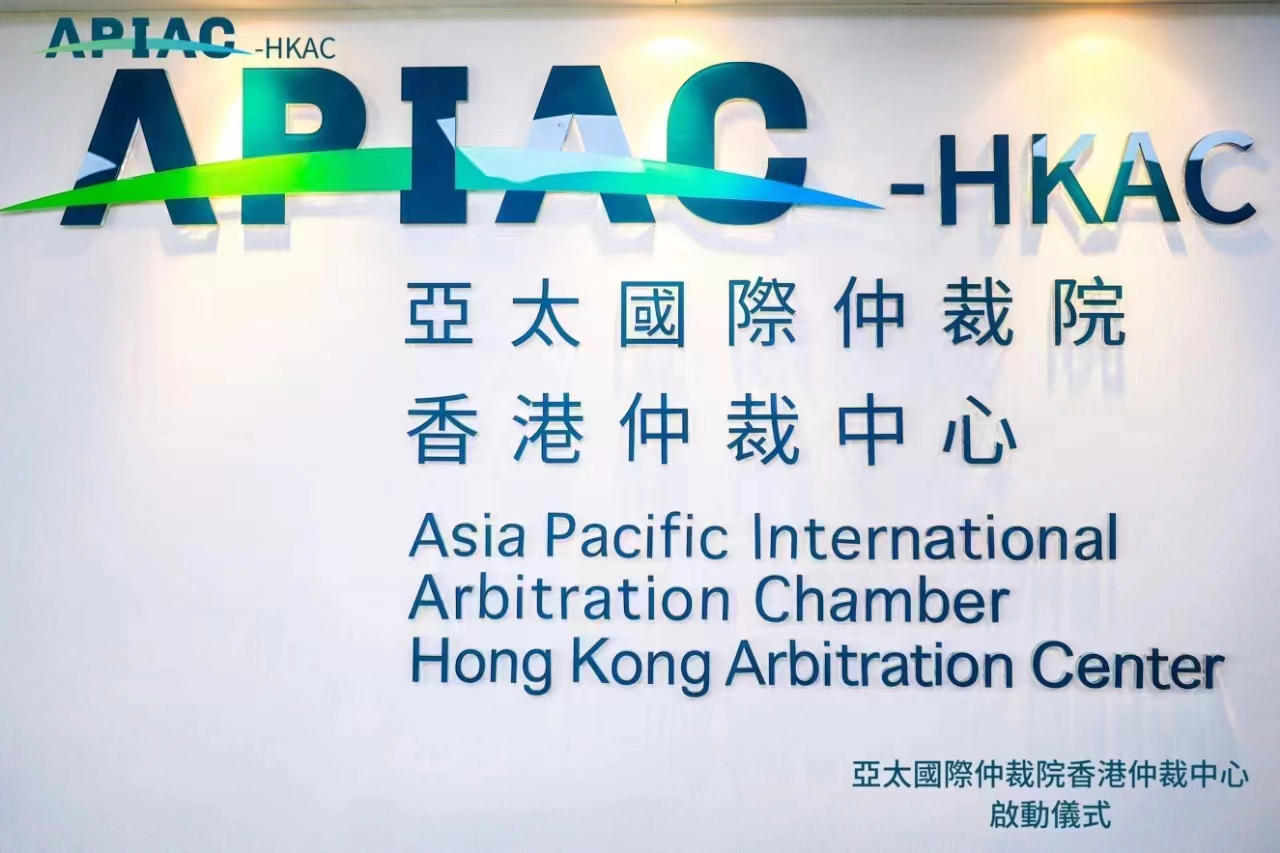 2024-04-09 10:46:25
2024-04-09 10:46:25 -
2024-04-09 11:55:48
-
 2024-04-09 16:01:04
2024-04-09 16:01:04 -
2024-04-15 16:34:57
-
2024-04-15 16:43:36
-
2024-04-18 16:34:31
-
2024-04-24 16:02:32
-
2024-04-25 17:26:30
-
2024-05-07 16:30:51
-
2024-05-11 14:54:18
-
2024-05-20 17:00:26
-
2024-05-31 16:19:03
-
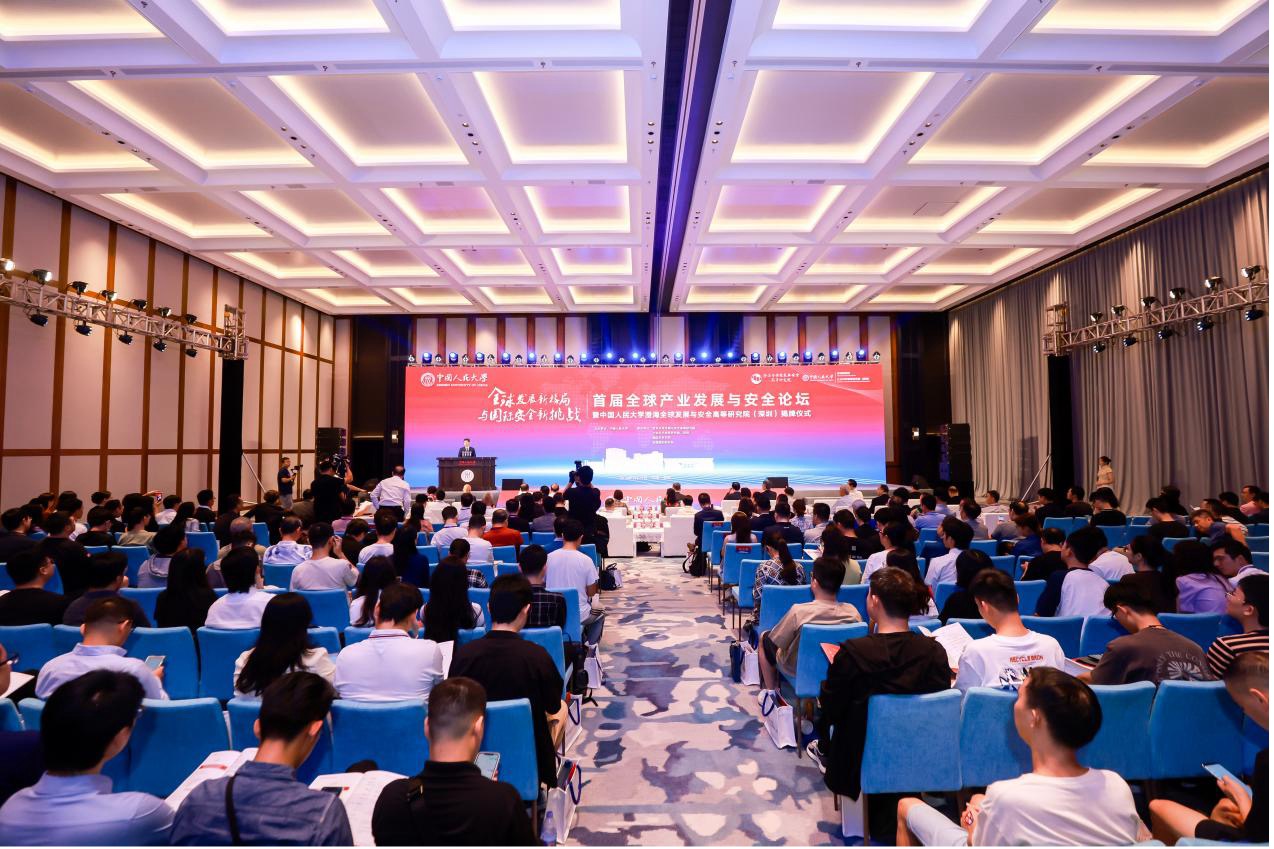 2024-05-31 16:41:28
2024-05-31 16:41:28 -
2024-05-31 16:53:49
-
2024-06-03 17:06:33
-
 2024-06-19 16:45:08
2024-06-19 16:45:08 -
 2024-06-24 11:44:37
2024-06-24 11:44:37 -
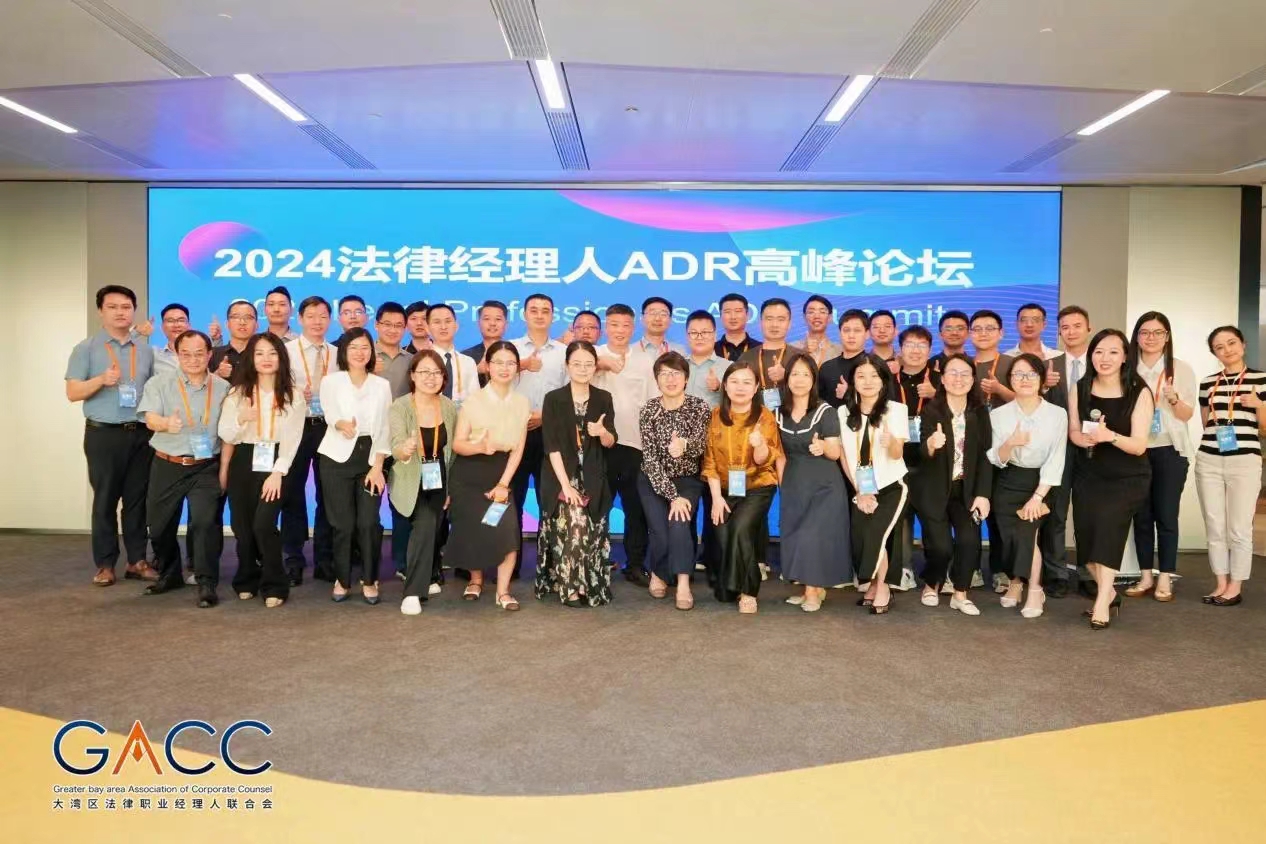 2024-06-24 17:56:13
2024-06-24 17:56:13 -
(1).png) 2024-06-25 15:34:49
2024-06-25 15:34:49 -
(1)(1).png) 2024-06-25 15:41:16
2024-06-25 15:41:16 -
.png) 2024-06-28 10:09:40
2024-06-28 10:09:40 -
 2024-07-03 14:33:07
2024-07-03 14:33:07 -
.png) 2024-07-03 14:53:48
2024-07-03 14:53:48 -
 2024-07-04 16:52:21
2024-07-04 16:52:21 -
 2024-07-09 09:31:59
2024-07-09 09:31:59 -
受邀参加“中资企业印尼投资法律论坛”(1).png) 2024-07-12 09:22:59
2024-07-12 09:22:59 -
.png) 2024-07-16 09:36:49
2024-07-16 09:36:49 -
.png) 2024-07-16 11:37:03
2024-07-16 11:37:03 -
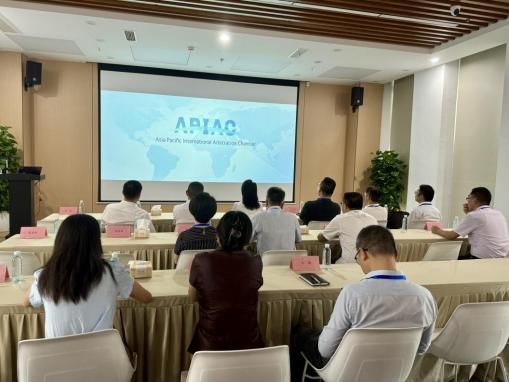 2024-07-19 10:43:08
2024-07-19 10:43:08 -
.png) 2024-07-22 10:59:23
2024-07-22 10:59:23 -
 2024-07-23 09:31:20
2024-07-23 09:31:20 -
.png) 2024-07-23 14:12:58
2024-07-23 14:12:58 -
.png) 2024-08-19 09:19:47
2024-08-19 09:19:47 -
.png) 2024-08-19 10:28:22
2024-08-19 10:28:22 -
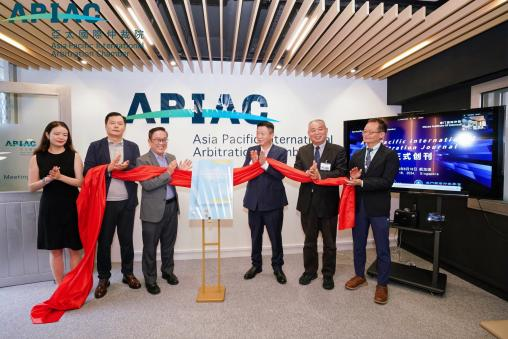 2024-08-29 10:12:54
2024-08-29 10:12:54 -
 2024-09-03 17:10:04
2024-09-03 17:10:04 -
.png) 2024-09-04 11:52:59
2024-09-04 11:52:59 -
) 2024-09-05 10:17:01
2024-09-05 10:17:01 -
.png) 2024-09-09 14:35:19
2024-09-09 14:35:19 -
 2024-09-09 15:10:13
2024-09-09 15:10:13 -
 2024-09-10 10:49:03
2024-09-10 10:49:03 -
.png) 2024-09-14 14:22:46
2024-09-14 14:22:46 -
.png) 2024-09-14 15:38:09
2024-09-14 15:38:09 -
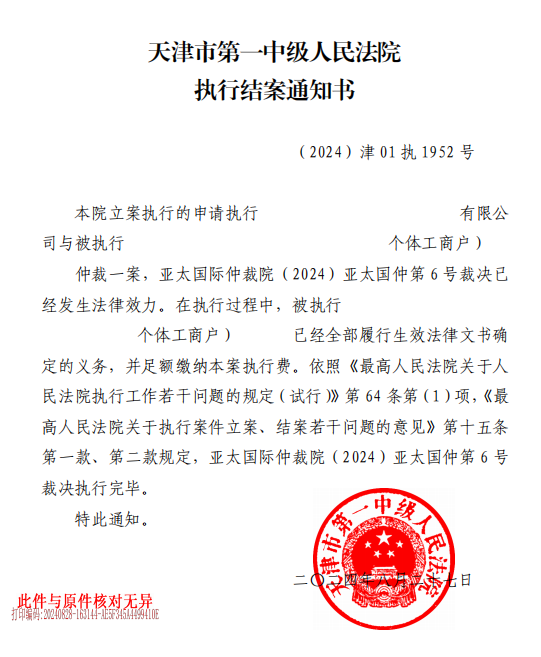 2024-09-18 11:33:35
2024-09-18 11:33:35 -
.png) 2024-09-18 14:26:08
2024-09-18 14:26:08 -
(1).png) 2024-09-23 16:07:22
2024-09-23 16:07:22 -
.png) 2024-09-23 16:17:09
2024-09-23 16:17:09 -
.jpg) 2024-09-23 17:08:06
2024-09-23 17:08:06 -
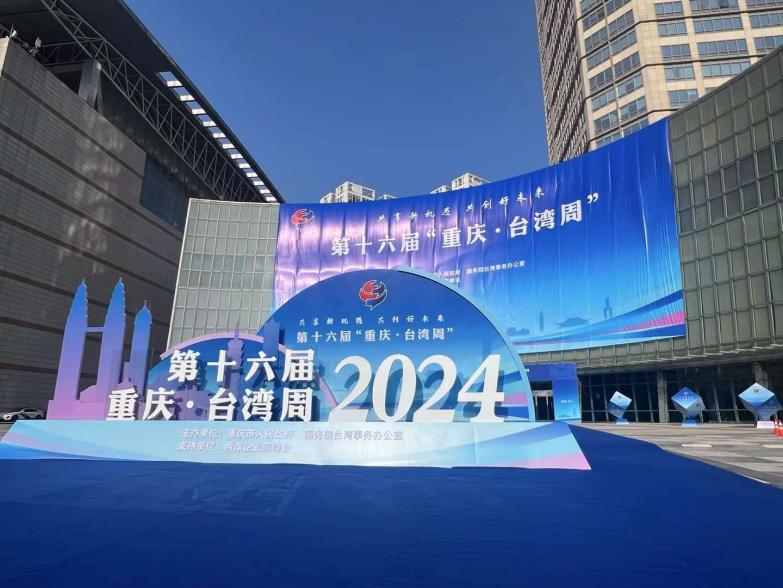 2024-09-24 09:48:07
2024-09-24 09:48:07 -
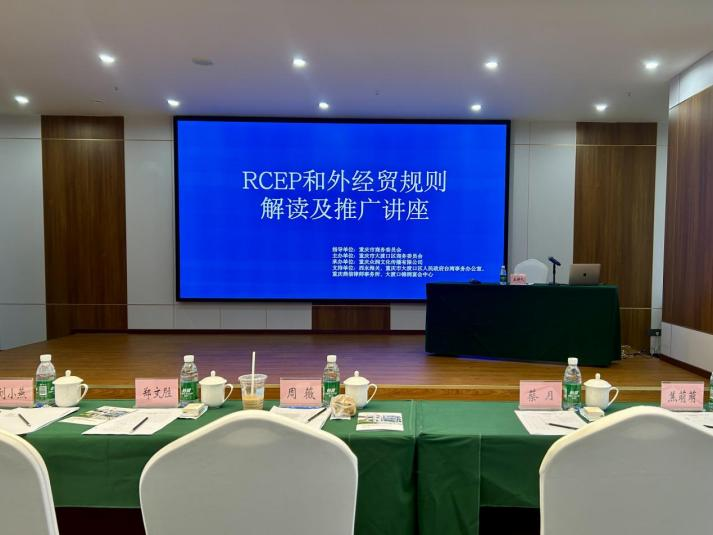 2024-09-24 12:00:38
2024-09-24 12:00:38 -
 2024-09-24 15:13:56
2024-09-24 15:13:56 -
 2024-09-25 16:06:59
2024-09-25 16:06:59 -
 2024-09-27 16:32:47
2024-09-27 16:32:47 -
 2024-09-29 16:35:43
2024-09-29 16:35:43 -
 2024-10-09 09:38:56
2024-10-09 09:38:56 -
 2024-10-10 15:40:31
2024-10-10 15:40:31 -
 2024-10-11 15:13:22
2024-10-11 15:13:22 -
 2024-10-23 17:08:52
2024-10-23 17:08:52 -
 2024-10-23 17:10:37
2024-10-23 17:10:37 -
 2024-10-23 17:12:12
2024-10-23 17:12:12 -
 2024-10-24 12:36:20
2024-10-24 12:36:20 -
 2024-10-29 15:45:32
2024-10-29 15:45:32 -
 2024-11-01 16:45:33
2024-11-01 16:45:33 -
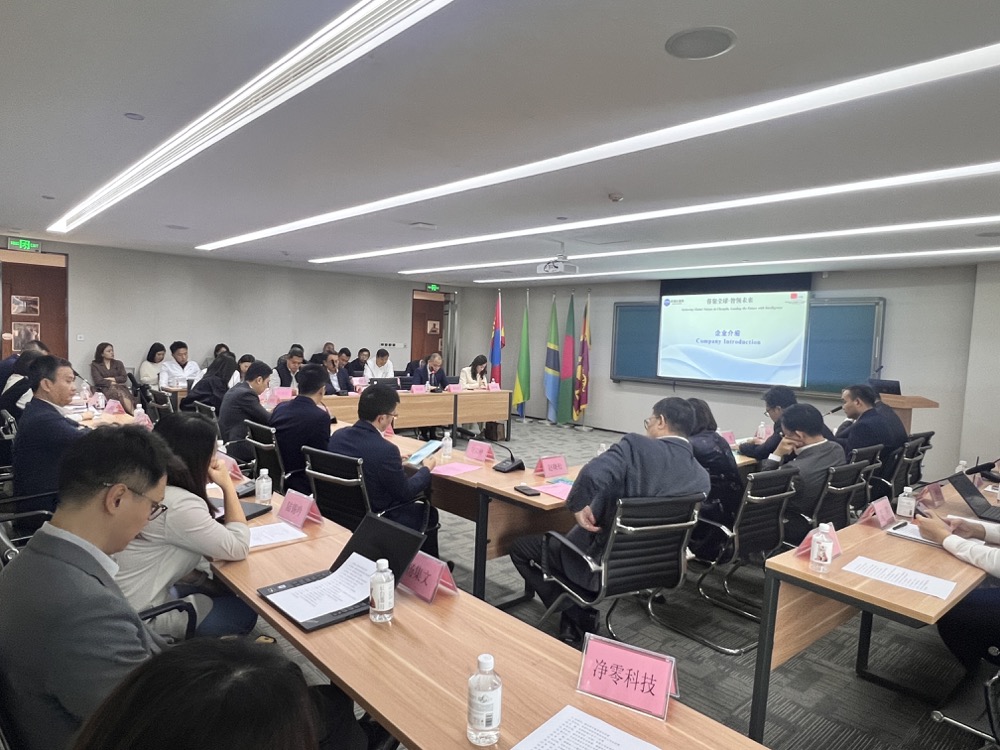 2024-11-01 16:50:15
2024-11-01 16:50:15 -
 2024-11-01 18:07:18
2024-11-01 18:07:18 -
 2024-11-05 15:44:55
2024-11-05 15:44:55 -
 2024-11-05 15:53:12
2024-11-05 15:53:12

 CN
CN BI
BI